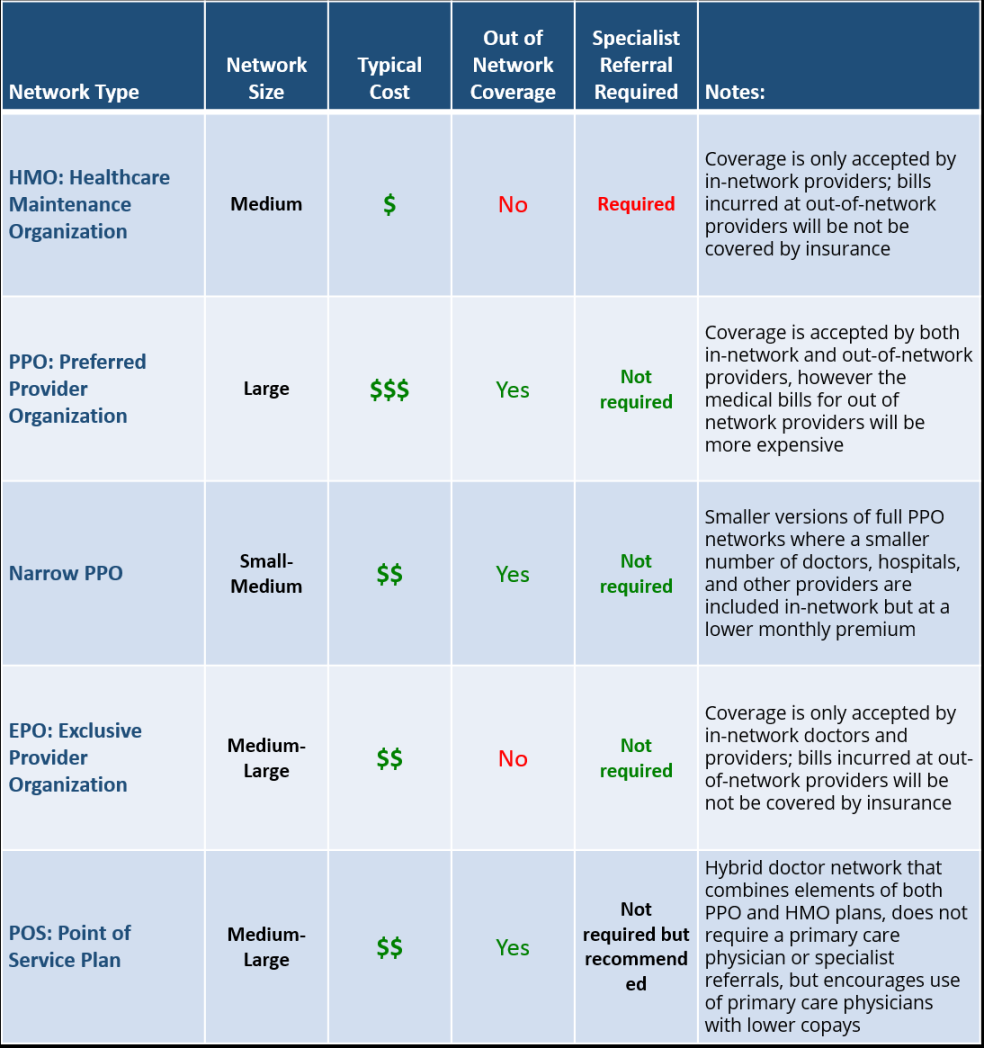A Foundation for Your Well-Being
Imagine your health insurance plan as a sturdy foundation for your well-being. It’s the safety net that’s always there, ready to catch you when you fall. And the Essential Plan is like a strong, stable base that provides just the right amount of coverage.
Understanding the Essentials

The Essential Plan is designed to offer a solid foundation of health insurance benefits. It’s a great choice for individuals and families who want affordable coverage without breaking the bank. Here’s a breakdown of what you can expect:
Essential Health Benefits: This plan covers a wide range of essential services, including:
Who is the Essential Plan for?
The Essential Plan is a good fit for a variety of people, including:
Individuals and families with lower incomes: The government subsidies make this plan more affordable for those who qualify.
Making the Most of Your Essential Plan
To get the most out of your Essential Plan, consider these tips:
Preventive Care: Take advantage of the preventive services covered by your plan. Regular check-ups and screenings can help catch health problems early, when they’re easier to treat.
The Essential Plan is a reliable and affordable health insurance option that provides a solid foundation for your well-being. By understanding the benefits and making the most of your coverage, you can ensure that you’re prepared for whatever life throws your way.
HMO, or Health Maintenance Organization, is a type of health insurance plan that operates on a network system. This means you have a limited choice of doctors and hospitals, but in return, you typically pay lower premiums. Think of it like being a member of a health club: you pay a membership fee and have access to a specific range of amenities.
How Does HMO Work?
When you choose an HMO plan, you’ll be assigned a primary care physician (PCP). This doctor will be your first point of contact for most of your healthcare needs. They’ll act as your gatekeeper, referring you to specialists or for tests when necessary. If you want to see a specialist without a referral, you’ll usually have to pay out-of-pocket costs.
Benefits of HMO
Lower Premiums: HMO plans generally have lower monthly premiums compared to other types of health insurance.
Drawbacks of HMO
Limited Network: One of the biggest drawbacks of HMOs is the limited choice of doctors and hospitals. You’ll need to make sure your preferred providers are in the network.
Is HMO Right for You?
HMO plans can be a great option for people who prioritize lower premiums and don’t mind the limitations on their choice of providers. If you’re generally healthy and don’t need frequent specialist care, an HMO might be a good fit. However, if you have complex health needs or prefer a wider range of healthcare options, you might want to consider other types of plans.
Remember: It’s important to carefully review the specific details of your HMO plan to understand the limitations and benefits. Consider factors such as the network size, provider availability, and out-of-pocket costs when making your decision.
 Udento Lifestyle & Health
Udento Lifestyle & Health




